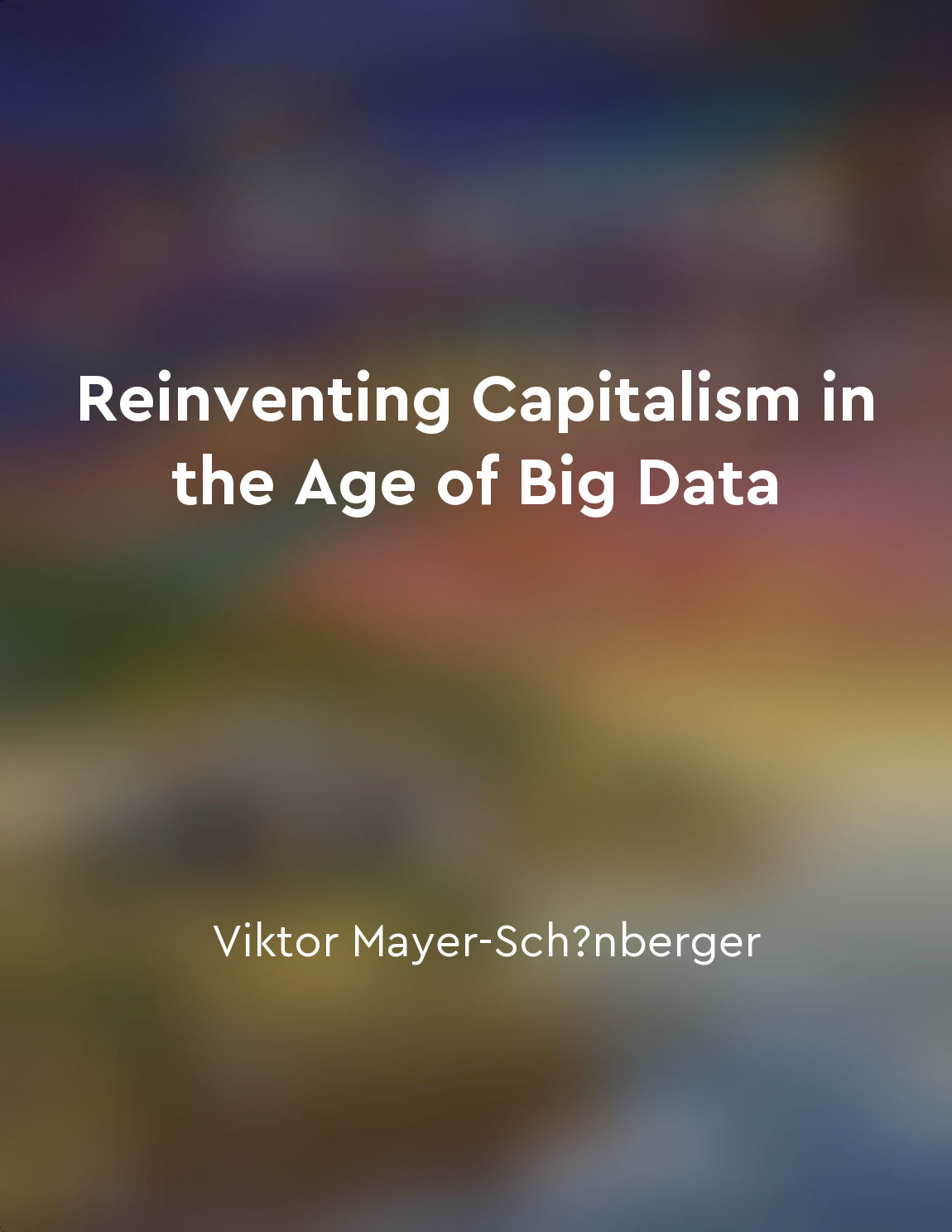Corporate influence distorts regulation from "summary" of The Future of Ideas by Lawrence Lessig
The influence of corporations on regulation has the potential to distort the regulatory process, leading to outcomes that prioritize the interests of corporate entities over the public good. When corporations wield significant power and resources, they are able to exert undue influence on the regulatory process, shaping laws and policies to benefit their own interests. This distortion can manifest in various ways, such as through lobbying efforts, campaign contributions, or the revolving door between industry and government. Corporate interests can sway decision-makers by providing financial support or other incentives, leading to regulations that are biased in favor of the corporations rather than the public. As a result of this influence, regulations may be weakened, loopholes may be exploited, or enforcement may be lax, all to the benefit of corporations at the expense of consumers, workers, and the environment. The regulatory process is meant to protect the public interest and ensure fair competition, but corporate influence can undermine these goals, putting corporate profits above all else. Furthermore, the regulatory capture by corporations can stifle innovation and competition, creating barriers to entry for new players in the market and hindering the development of new technologies or business models. This can have long-term negative effects on the economy and society as a whole, limiting choice and innovation in favor of entrenched corporate interests. In order to prevent the distortion of regulation by corporate influence, it is essential to increase transparency, accountability, and public participation in the regulatory process. By shining a light on the ways in which corporations seek to shape regulations to their advantage, we can work towards a more equitable and just regulatory system that truly serves the public good.Similar Posts

Competition drives innovation
The concept that drives innovation is competition. It is a simple yet powerful idea that has been proven time and time again. W...

Transparency is key in datadriven decision-making
The importance of transparency in making decisions based on data cannot be overstated. When organizations operate in a data-dri...
Pesticides threaten the survival of endangered species
The use of pesticides in our environment has brought about a silent but deadly threat to many species of wildlife. These chemic...
Regulatory flexibility allows for adaptation to new challenges
Regulatory flexibility refers to the ability of regulatory frameworks to adjust and respond to new challenges that may arise ov...

Founderled companies faced internal power struggles
In the frenetic world of start-ups, where ambition often eclipses reason, power struggles are inevitable. For companies founded...
